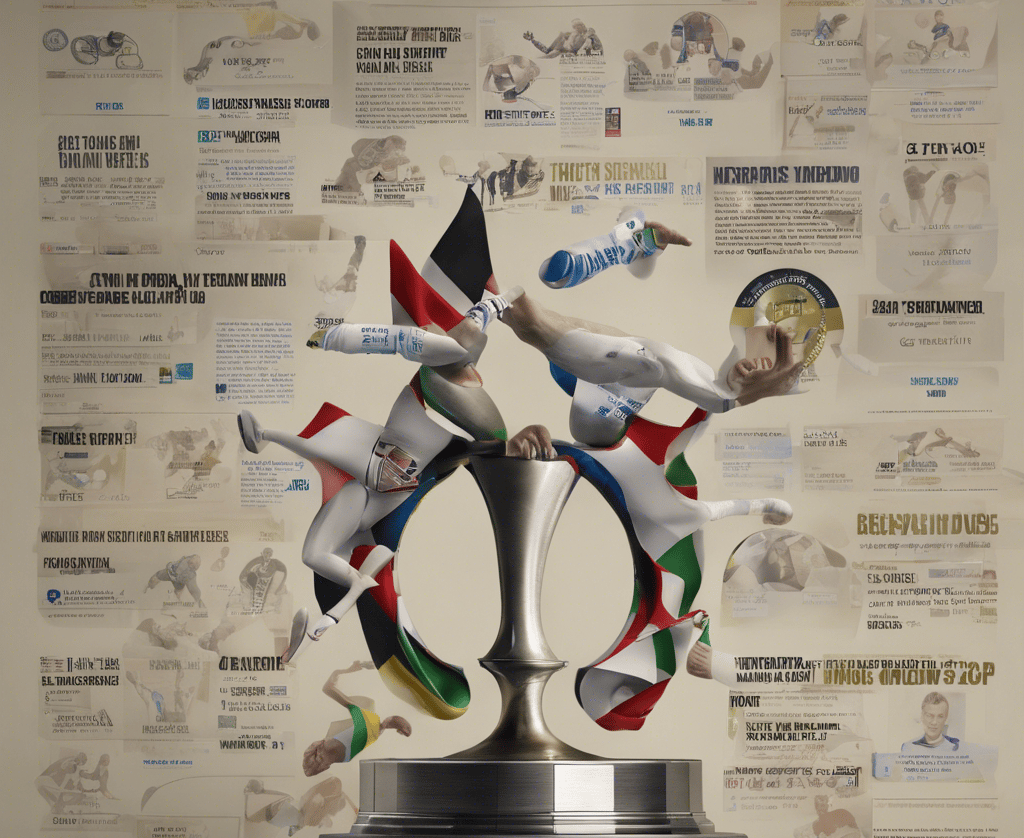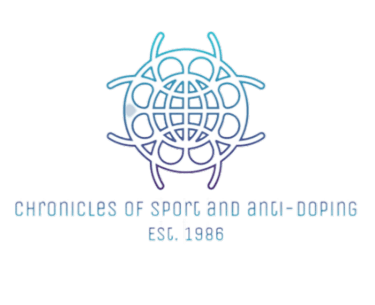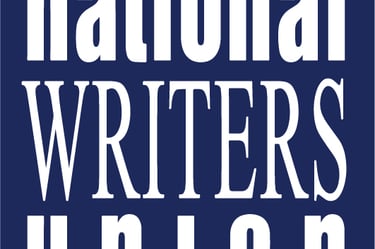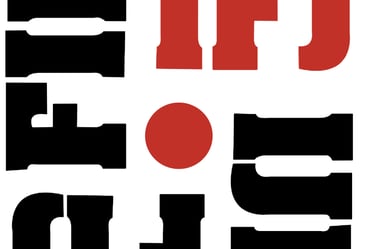The Independence of International Sporting Organizations: An Analysis


The world of international sports is governed by various organizations that play a crucial role in ensuring fair play, integrity, and the overall development of sports. Among these organizations, the International Olympic Committee (IOC), the World Anti-Doping Agency (WADA), and the Court of Arbitration for Sport (CAS) hold significant influence. However, concerns have been raised about the independence of these organizations, given their interconnected relationships and the influence exerted by the IOC. The IOC, as the primary governing body for the Olympic Games, holds considerable power and authority. It not only provides half of WADA's budget but has also played a pivotal role in the establishment of WADA, the International Testing Agency (ITA), and CAS. This interconnectedness raises questions about the true independence of these organizations. While the IOC's involvement in the creation of WADA, ITA, and CAS may raise concerns, it is important to understand the purpose behind these collaborations. The IOC's financial support for WADA demonstrates its commitment to combating doping in sports. By providing funding, the IOC aims to ensure the independence and effectiveness of WADA in its fight against doping. Similarly, the establishment of ITA and CAS serves to enhance the integrity of sports by providing independent testing and arbitration mechanisms. However, the question of independence remains pertinent. Critics argue that the close ties between these organizations compromise their ability to act autonomously. The financial reliance on the IOC raises concerns about the potential influence it may exert over decision-making processes. This perceived lack of independence can undermine the trust and credibility of these organizations. In recent years, the intersection of sports with politics and religion has further complicated the landscape. As sports continue to be entangled in geopolitical disputes and religious tensions, the need for independent organizations becomes even more crucial. These organizations serve as impartial arbiters, ensuring that sporting events remain free from external influences and conflicts. Rather than questioning the need for these organizations, it is essential to focus on strengthening their autonomy and transparency. Efforts should be made to establish clear guidelines and mechanisms to safeguard the independence of WADA, ITA, and CAS. This can include diversifying their funding sources, implementing stricter conflict-of-interest policies, and enhancing accountability measures. Furthermore, promoting a culture of transparency and openness within these organizations is vital. Regular audits, public reporting, and increased stakeholder engagement can help foster trust and ensure that decisions are made in the best interest of the sporting community. In conclusion, while the interconnected relationships between the IOC, WADA, ITA, and CAS may raise concerns about the independence of these organizations, it is important to recognize their role in safeguarding the integrity of sports. Efforts should be focused on strengthening their autonomy, transparency, and accountability to ensure that they can effectively fulfill their mandates. By addressing these concerns, we can uphold the principles of fair play and maintain the credibility of international sporting events.




